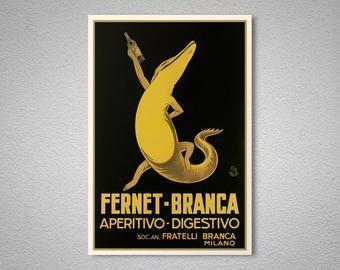What do you think?
Rate this book


288 pages, Paperback
First published January 1, 2004










”…brightly colored voynovian objects that were delicate to the same extent that traffic cones are. There were awesome pellets like miniature doughnuts wrapped in candied angelica leaf and injected with chili sauce. Others looked like testicles set in dough. I gathered these were pigeon’s eggs and couldn’t catch her name for them although the phrase that came to me immediately was Christ on a Tricycle. Spearmint eggs?”